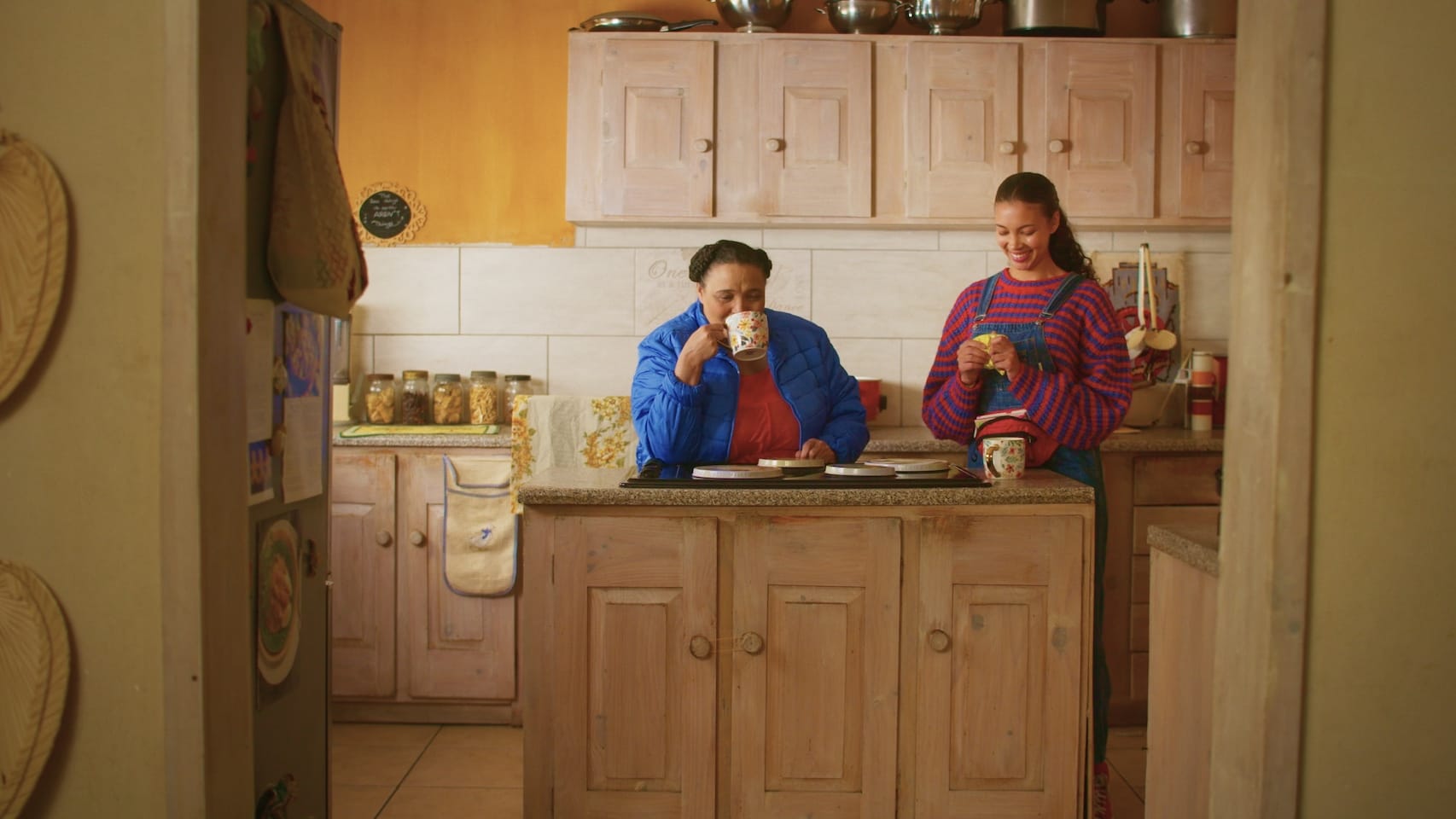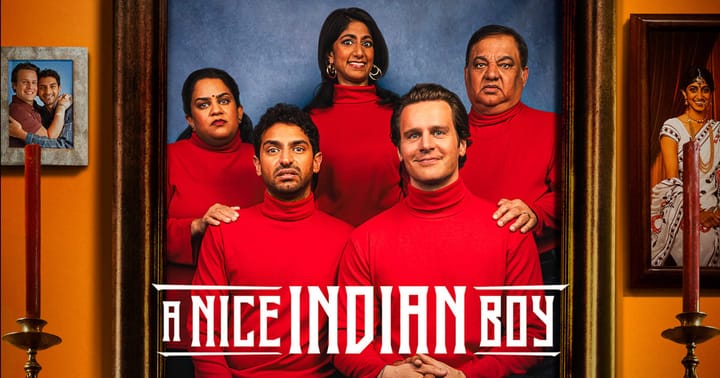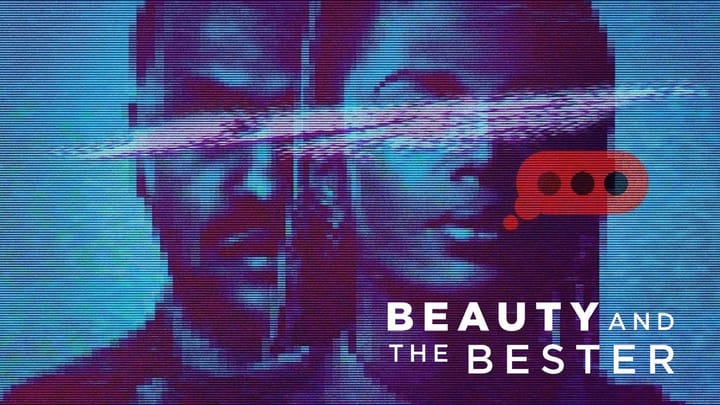Finding Optel turns a South African stereotype on its head
A playful love letter to Cape Town's Coloured community

Note: This review uses the term “Coloured” to refer to a Southern African ethnicity of mixed heritage — an identity to which I belong. In South Africa, this is not a derogatory word.
It’s not every day that you come across a playful representation of South African life on screen, let alone a playful portrayal of Coloured communities.
Ours are lives that have been cast into stereotypes of gangsters and drug addicts. They are lives wholly unable to shake the suffering we inherited from our country’s history. The fictional stories rooted in those realities are pertinent to our reckoning with the past and tracing its impact on the present day. They serve as a means of resistance, a process of collective memory-making against the threat of erasure.
But they are not the only stories we are made of.
Movies like The Umbrella Men and Old Righteous Blues have begun to dismantle these common tropes through the lens of music and cultural celebration, though they still carry emotional and thematic depths more suited to adult audiences.
Finding Optel, on the other hand, is a rare family film that captures the cheeriness so innate to South African social culture.

Finding Optel is the directorial debut feature from siblings Jesse Brown and Mikayla Joy Brown. It’s a quirky detective story about 16-year-old Claire, who is determined to help the residents of her neighbourhood find their missing belongings — whether it’s their house key or a glass eye. When Claire, against her protective father’s will, takes it upon herself to find her neighbour’s missing dog, Optel, she must finally face the real reason she is obsessed with finding what’s been lost.
With an adolescent character at its centre, Finding Optel is refreshingly forward-looking. Claire is played with infectious charm by the film’s co-director and screenwriter, Mikayla Joy Brown. Being in her twenties, there is a sense of maturity in her character that, as a fellow twenty-something-year-old person myself, is easily picked up on, making it challenging to suspend the disbelief that’s necessary to buy into her character’s adolescence.
However, the theatricality of her performance will likely land well with younger audiences who are simply looking for a fun and relatable story with characters they will recognise from their own lives.

Finding Optel truly grasps a contemporary sensibility of being Coloured, particularly, as is the case for this story, being Coloured in the Western Cape. In its cultural references, it becomes a love letter to Coloured culture: to the skinnerbek tannies ("gossip mouth aunties”), the freshly syruped koesisters, and the expressive Kaaps slang.
The film weaves in witty, yet undeniably true, on-screen definitions of the slang used in characters’ conversations. The freeze-frame moments will have South Africans laughing in recognition of “hello” being translated to a greeting but also a warning. And it will have international audiences learning that when a South African says they’ll see you “now-now”, it could mean anything “between five minutes and five hours”.

In its symmetrical compositions, fast-paced cuts, and voice-over narration, Finding Optel is noticeably influenced by the 2001 French film, Amélie, as well as Wes Anderson’s signature cinematic aesthetic.
With its pastel houses, brightly-coloured playground, and a sunny sky that never seems to run out of shine, the film’s setting naturally leans towards this style. It constructs a vision of the Cape Flats seldom seen in media — a vision tinted with the rosy lens of nostalgia and childhood rather than the grit of crime and violence.
But Finding Optel is not all sunshine and rainbows.
Like with most South African and South Africa-based films or shows, there is a corrupt underworld beneath every narrative. No South African life is untouched by crime, and Finding Optel doesn’t shy away from that fact, even loosening its grip on its whimsy to make room for the traumatic realities Claire has to confront.

Despite its distinct approach to telling a South African story, Finding Optel is not perfect in its technicalities. It lacks attentive control in its editing, which is unfortunately not an unusual case for local productions, and its drawn-out narrative frequently slows down the mystery plot at its core. However, it's the fanciful world this film immerses you in that makes it memorable.
Although it draws inspiration from identifiable modes of Western filmmaking, the movie doesn't lose itself to it. It remains, through and through, a fundamentally South African narrative grounded in the specificities of belonging to a Coloured community in Cape Town.
Finding Optel is, at its heart, a sincere tale about grief and the small everyday rituals a person takes on to make sense of it. While it may have its technical flaws, this is a movie that stands firm in its voice and perspective — unwavering against the pressure to morph who we are into something that’s palatable to the outsider’s gaze.
Finding Optel is streaming on Showmax in South Africa.





Comments ()